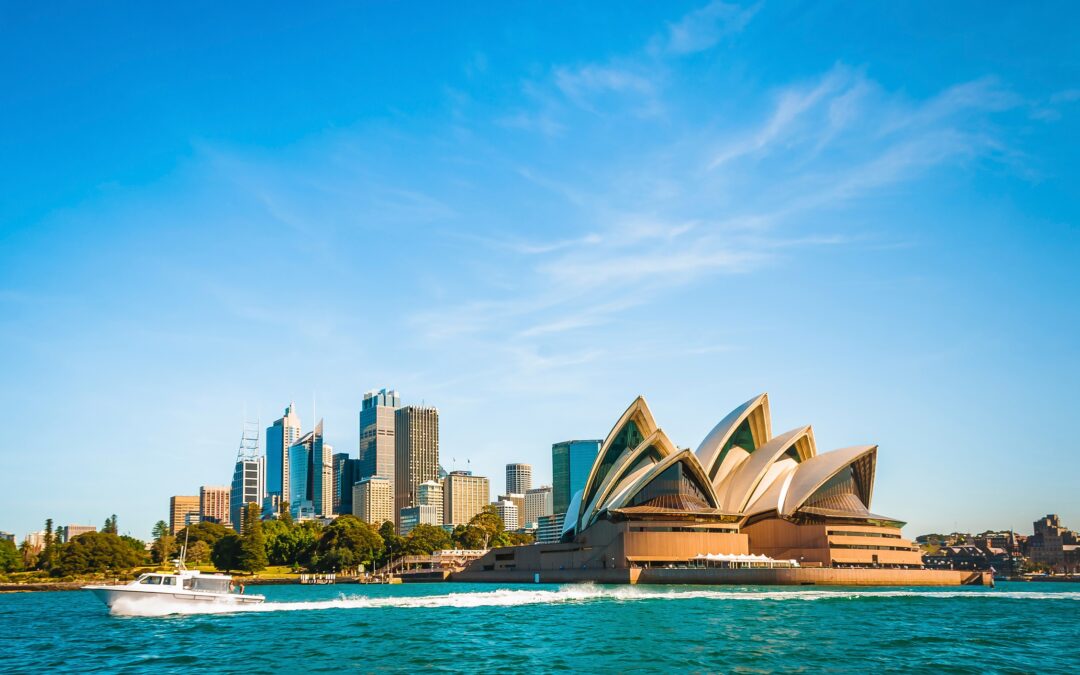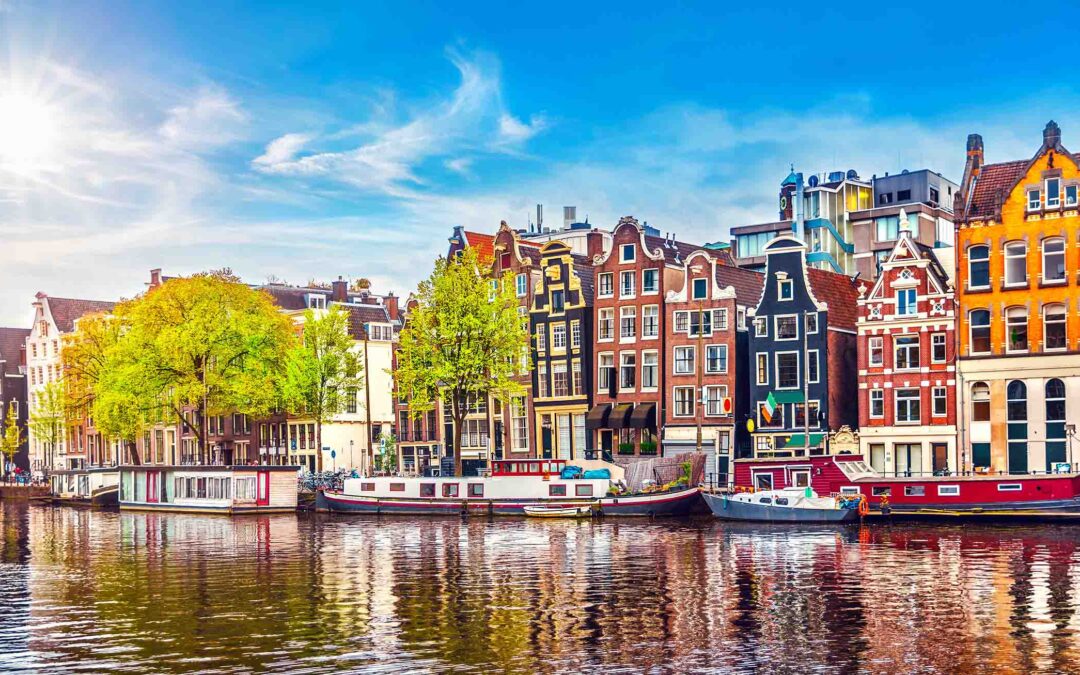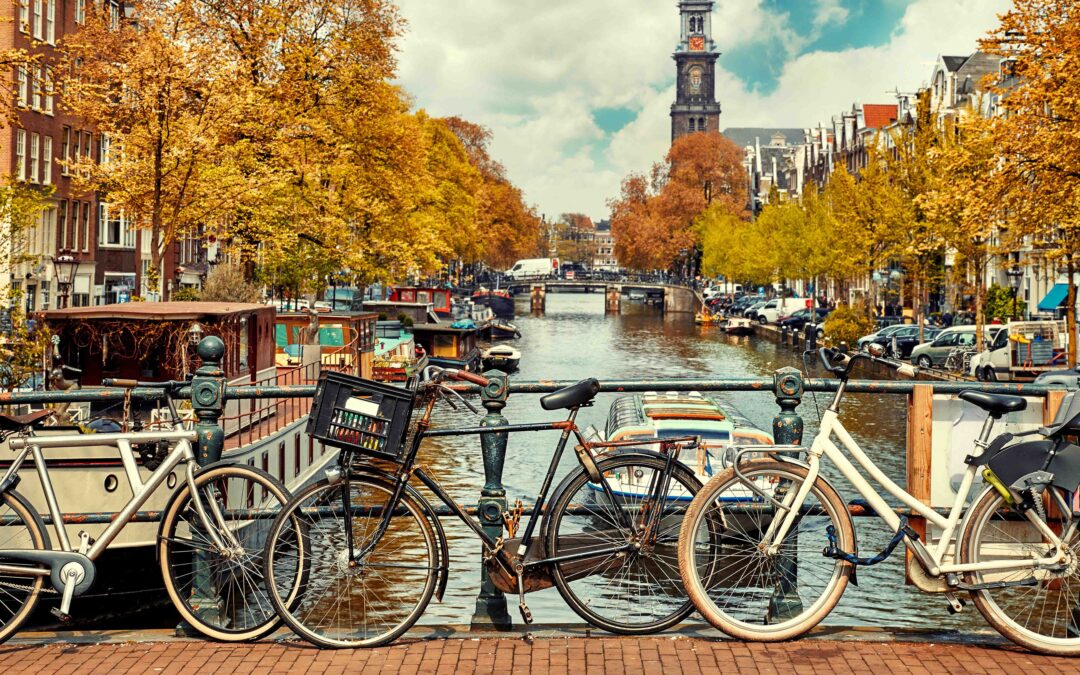South African Residency Requirements
South Africa has a variety of visa options, so it’s crucial to figure out which one suits you best. Whether it’s a work, study, or family visa, make sure to start the application process well in advance as the residency applications can be time-consuming.
The Department of Home Affairs is your go-to for all things visa-related. You can visit their website to familiarise yourself with the different forms and understand their specific requirements for your chosen permit. AGS Global Solutions can advise and support you throughout the visa process.
Handling Finances
 Financial landscapes vary significantly between the Netherlands and South Africa, reflecting differences in economic development, currency strength, and overall fiscal structures. In the Netherlands, the cost of living is relatively high, with expenses such as housing, healthcare, and education contributing to this. However, high incomes and a robust social support system help balance the cost.
Financial landscapes vary significantly between the Netherlands and South Africa, reflecting differences in economic development, currency strength, and overall fiscal structures. In the Netherlands, the cost of living is relatively high, with expenses such as housing, healthcare, and education contributing to this. However, high incomes and a robust social support system help balance the cost.
South Africa’s cost of living is generally lower compared to many European countries, making it an attractive destination for expatriates. However, there can be significant disparities in living costs between urban and rural areas.
If you’re switching from euros to South African rands, keep an eye on the exchange rates to maximise your currency conversion and consider opening a local bank account. It’s not just about currency conversion; it’s about making your financial transition smoother. Also, don’t forget to inform your Dutch bank about the move to avoid any unexpected hiccups.
Navigating the Healthcare System in South Africa
Health is wealth, they say. And while South Africa does have a public healthcare system, investing in comprehensive health insurance is highly recommended. This ensures you have access to private medical facilities and specialists, giving you peace of mind in case of emergencies or routine medical needs.
South Africa prides itself on having the most advanced healthcare standards on the African continent. With over 200 private hospitals nationwide, if you opt for private health insurance you can expect healthcare services on par with those offered in the Netherlands.
There are a multitude of options to choose from when shopping for health insurance, referred to locally as “medical aid”. Whether you’re looking for a bare bones solution that only covers emergency hospital visits or one that comes with all the bells and whistles and full dental care, read the documentation carefully as many policies only pay out up to a predefined limit and costs incurred over that will be for your account. To get around this, many South Africans also pay for “gap cover” – an additional policy designed to cover any financial shortfall in your health insurance.
South African Housing Hacks
Compared to many European countries, South Africa offers a more affordable housing market. Rental prices and property values vary significantly between urban and rural areas, providing expatriates with flexibility in choosing accommodation that suits their budget. Whether you’re considering the bustling city life of Johannesburg or the coastal charm of Cape Town, start your search early. Websites like Property24 and Private Property are your new best friends.
Tip: In South Africa, particularly in urban areas, security is a crucial factor to consider when selecting accommodation. Gated communities and secure complexes are popular choices, offering added peace of mind for residents.
Transportation Tips
Public transportation varies across cities, with the local options being buses, trains and taxis. Taxis are the most affordable and fastest for navigating the cities. However, public transport of any kind is not recommended for tourists and expats, making a car a necessity (Uber is a convenient and less expensive short-term option). Understand the road rules, get your local driver’s license, and consider the practicality of owning a vehicle.
Tip: Get an international driver’s license before you leave the Netherlands. It’s valid for six months in South Africa, allowing you to drive while you are getting your local license sorted (which could take up to a few months, depending on the city).
South Africans drive on the left, so think twice about importing your car from the Netherlands as you will have extremely limited visibility when driving.
Embracing Diversity in South Africa
 South Africa is a blend of culture and traditions, and you can expect to hear a variety of dialects, especially since there are 11 official languages. Take time to research and understand the local customs and etiquette. Learning a bit of Afrikaans or isiZulu won’t hurt either, even though English is spoken everywhere. Being culturally aware not only eases your integration but also enriches your experience in your new home.
South Africa is a blend of culture and traditions, and you can expect to hear a variety of dialects, especially since there are 11 official languages. Take time to research and understand the local customs and etiquette. Learning a bit of Afrikaans or isiZulu won’t hurt either, even though English is spoken everywhere. Being culturally aware not only eases your integration but also enriches your experience in your new home.
As an expat in South Africa, you’ll meet people from many different cultures and nationalities. The most popular cities among expats in South Africa include Cape Town, Durban, and Johannesburg. Each city is different and it’s important to know what each one offers before deciding where to settle.
Cape Town often ranks as one of the most beautiful cities in the world and comes with a complex history of indigenous people, as well as Dutch, British and French settlers. The city offers leafy suburbs, colourful Cape Dutch architecture, an abundance of cafes and restaurants and bustling nightclubs. Its proximity to world-class white sandy beaches, internationally renowned winelands and a plethora of outdoor activities make it a top destination for travellers from around the world, resulting in a cosmopolitan and relaxed vibe.
In Durban, you can enjoy a subtropical climate, hot and humid summers, followed by mild and dry winters. The city is home to a significant Indian population which has influenced its traditions and cuisine. A popular local dish is “bunny chow” – a spicy and aromatic Durban curry served in a hollowed out half-loaf of bread. Like Cape Town, Durban is an outdoor-lover’s paradise, where you can enjoy a multitude of adventures on land and sea.
Johannesburg, also known as Joburg or Jozi, is the largest city and serves as the economic and financial hub of the country. In this city, you’ll find a wide range of high-end shops, restaurants, and entertainment options. The cityscape is characterised by modern skyscrapers and trendy urban areas with plenty of street art. Jozi is a mix of economic vitality and cultural heritage – offering visitors a unique and multifaceted experience.
Staying Secure in South Africa
Even as you drink in South Africa’s vast natural beauty, it’s important to be aware of your surroundings. The country boasts stunning landscapes and a rich cultural diversity, but understanding the risks to your safety is crucial for a positive and secure experience. When looking for a place to stay, research the safety in the area before making your final decision. Once you’re all moved in, take common-sense precautions, and connect with locals for advice on staying secure.
A few tips for staying safe in South Africa are:
- Don’t leave valuable items (i.e., handbags, electronic devices) unattended and keep them out of sight as much as possible.
- Avoid carrying large amounts of cash, and card transactions should be processed in your presence.
- Avoid walking around alone after dark.
Wrapping It Up
Moving from the Netherlands to South Africa is an exciting journey filled with new experiences and opportunities. By diving into the details of visas, finances, healthcare, housing, culture, transportation, and safety, you’re well on your way to a smooth transition. Remember, each move comes with its unique challenges, but with the right mindset and preparation, you’ll be embracing your South African adventure in no time.
Get in touch with AGS Global Solutions Netherlands for your big move to South Africa.





